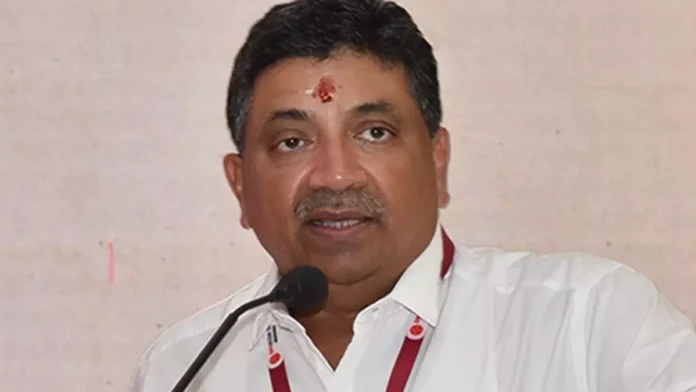The Indian Institutes of Technology (IITs) have long been considered as the premier institutions for technical education in India. These institutes have produced some of the most brilliant minds in the country, who have gone on to make significant contributions in various fields. However, in recent years, there has been a growing concern about the politicization and fanaticization of these institutes. In a recent statement, Thiagarajan, a renowned academician, expressed his views on this issue, stating that the IITs have become politicized and fanaticized. Let us delve deeper into this matter and understand the implications of such a trend.
The IITs were established with the aim of providing world-class technical education to students and equipping them with the skills and knowledge to become leaders in their respective fields. These institutes have always been known for their rigorous academic curriculum, top-notch faculty, and state-of-the-art infrastructure. However, over the years, there has been a noticeable shift in the atmosphere of these institutes. The focus seems to have shifted from academic excellence to political ideologies and fanaticism.
One of the main reasons for this shift can be attributed to the increasing interference of political parties in the functioning of these institutes. The IITs are funded by the government, and hence, they are susceptible to political influence. This has led to the appointment of certain individuals with political affiliations to key positions in these institutes. As a result, the decisions taken by these individuals are often influenced by their political ideologies rather than what is best for the institute.
Moreover, the student bodies in these institutes have also become highly politicized. The student elections, which were once a platform for healthy competition and fostering leadership skills, have now become a battleground for political parties to showcase their power and influence. This has created a divisive atmosphere on campus, with students being divided based on their political ideologies rather than their academic pursuits.
Another concerning trend is the growing fanaticism among students in these institutes. The IITs have always been known for their competitive environment, where students strive to excel in their studies. However, in recent years, there has been a rise in incidents of students indulging in extreme and violent behavior. This can be attributed to the increasing pressure to perform well and the need to prove oneself in a highly competitive environment. The constant comparison with peers and the fear of failure have led to a toxic culture of fanaticism, where students are willing to go to any extent to achieve success.
The consequences of this politicization and fanaticization of the IITs are far-reaching. It not only affects the academic environment of these institutes but also has a negative impact on the students’ overall development. The focus on political ideologies and fanaticism takes away from the core purpose of these institutes, which is to provide quality education and nurture future leaders. It also hampers the diversity and inclusivity of these institutes, as students from different backgrounds may feel intimidated or marginalized in such an environment.
It is crucial to address this issue and take steps to prevent the IITs from becoming mere political battlegrounds. The government must ensure that the appointments to key positions in these institutes are based on merit and not political affiliations. The student bodies should also be encouraged to focus on issues concerning the institute rather than promoting the agendas of political parties. It is also essential to promote a healthy and inclusive environment on campus, where students can focus on their academic pursuits without the fear of being judged or discriminated against.
In conclusion, the statement made by Thiagarajan about the politicization and fanaticization of the IITs is a cause for concern. These institutes have always been known for their academic excellence, and it is crucial to preserve this legacy. The government, along with the institute authorities, must take necessary steps to ensure that the IITs remain institutions of academic excellence and not become victims of political ideologies and fanaticism. It is time to bring the focus back to what truly matters – providing quality education and shaping the future leaders of our country.


